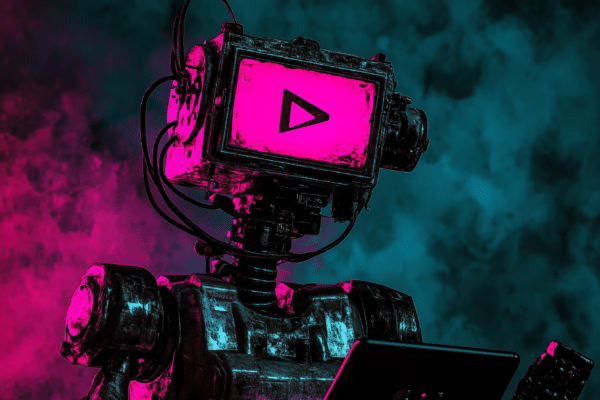In an era where technology is continually reshaping the workplace, artificial intelligence (AI) is heralding a new era for human resource management (HR). With advances in data analytics, machine learning and automation, AI is transforming HR operations from routine administrative tasks to strategic organizational roles. As companies around the world embrace these changes, the implications for work dynamics and ethical considerations are profound.
A radical change
Artificial intelligence in HR is not just about automating tasks; it's about augmenting the capabilities of HR professionals to improve decision-making processes and deliver real-time solutions and information. From recruiting to employee engagement, the role of AI in HR is reshaping how organizations manage their most valuable assets: their people.
"AI can handle a range of HR functions, from analyzing employee data to predicting future trends in employee engagement and performance," explains a recent global study by the IBM Institute for Business Value. According to the study, approximately 40% of the workforce will need retraining in the next three years due to the integration of AI and automation.
As that automation occurs there is a growing need for employees to adapt to new roles that require more complex and creative skills. This shift requires substantial investment in learning and development programs to equip the workforce with the skills needed to thrive in a digitally driven environment.
Automation
One of the most significant impacts is improving the hiring process by automating job postings, screening resumes, and even assisting in the initial stages of candidate interviews. This level of automation not only speeds up the hiring process, but also helps reduce bias, leading to more diverse and inclusive workplaces.
In addition, AI-powered tools are used to manage employee performance more effectively. Through the analysis of large amounts of data, AI can provide managers with insights into employee performance trends, potential areas for improvement, and personalized development plans. This data-driven approach helps create a more engaged and motivated workforce.






